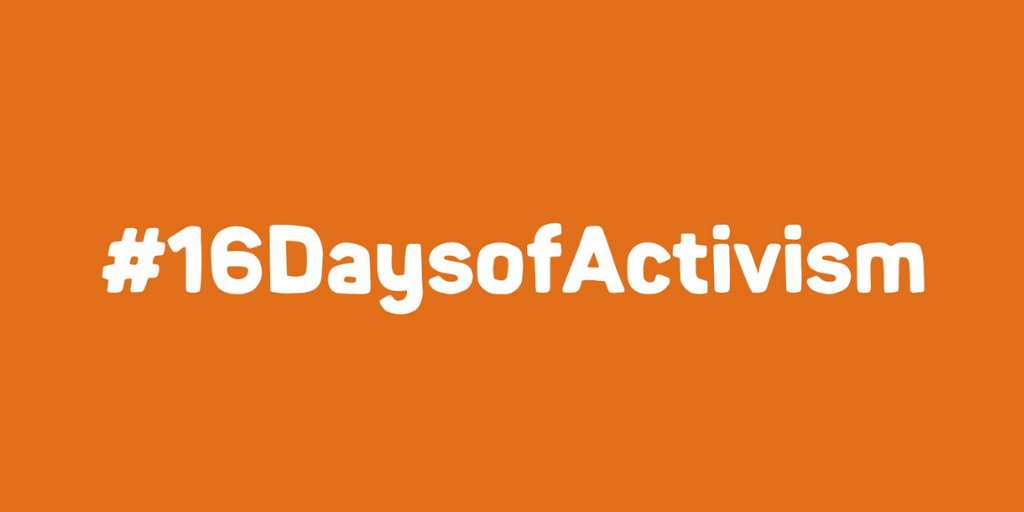The Domestic Abuse Bill has, once again, been pushed under the microscope after the Queen made a commitment to support victims in her speech earlier this month.
The speech – which was the first of Boris Johnson’s prime-ministership – promised to “transform the approach of the justice system and other agencies to victims of domestic abuse.”
Johnson himself has discussed the importance of protecting victims of domestic abuse and violence and Theresa May even dedicated her last few weeks in office to pushing through a reviewed version of the Bill.
Despite this, the Domestic Abuse Bill still fails to offer acknowledgement or support for one of the most vulnerable victim pools: migrant women.
Positives
Several important issues are addressed and resolved in the Bill. For example, a new law is established, which prevents perpetrators from cross-examining victims in court, in the event that they are legally representing themselves.
As well as this, a new form of domestic abuse is outlined – economical abuse. This is certainly a step in the right direction; broadening the definition of domestic abuse in this way is vital in helping to remove the stigma, improve understanding and provide protection to all types of victim.
Migrants still unprotected
However, the Bill still falls very short when it comes to protecting migrant women, despite the fact that this community – particularly those which are also black, Asian, or minority-ethnic (BAME) – are particularly susceptible to long-term domestic abuse.
Research by groups like SafeLives and Liberty has found that migrant women are likely to stay in abusive relationships for longer, as many of them fear being reported by hospitals, social services, or police officers to immigration authorities. For asylum-seekers and refugees, as well as people married to British citizens who hold a UK Spouse Visa, this is a particular problem; such individuals fear that they will risk their immigration status by coming forward to authorities.
These fears are built into a distrust of public services, which has been nurtured by the infamous hostile environment policy. This was introduced in 2012 by the Coalition government, under the premise of making the UK such an unwelcoming place that undocumented migrants would “voluntarily leave”. The hostile environment encouraged service-providers and local authorities to act as unofficial border control officers; vetting and reporting those without the correct immigration documentation.
What’s more, Gisela Valle, of the Latin American Women’s Rights Service, argues that these fears are often fed and utilised as a tool by perpetrators of domestic abuse, with abuse partners threatening victims with deportation or loss of their status if they tell anyone about their situation.
Although this hostile environment policy was denounced last Summer following the Windrush scandal, it continues to influence certain practices and attitudes; just this last December, a secret data-sharing arrangement was uncovered by Liberty, which found that almost every police force in England and Wales had shared details of victims and witnesses of domestic abuse with immigration enforcers.
As a result, migrant victims have been found to stay silent for almost twice as long than British victims, allowing abusive cycles to continue for longer.
What’s more, psychological studies into domestic abuse show that, in most cases, domestic homicide is a symptom of ongoing abuse – and the longer abuse continues, the more likely a domestic murder becomes. This fact is especially concerning since this month revealed the UK’s domestic homicide rate has reached a five-year-high.
Honour-based violence and forced marriage
Sadly, migrant women are also especially susceptible to certain forms of domestic abuse and violence. Many women and girls who migrate to the UK with their families from South Asian, sub-Saharan African, and Latin American countries – where the practices of underage and forced marriage are most common — are particularly vulnerable to honour-based violence.
In such cases, women feel pressured by their family’s customs and expectations, and often find themselves stuck between two forms of abuse: forced marriage (classed as human trafficking) and abuse or violence from their relatives if they refuse this.
Various cross-sector studies into these sorts of cases show that victims of honour-based-violence stay silent for even longer than the majority of migrant victims of abuse; a report by SafeLives estimated that those affected stayed silent for approximately two more years than victims of non-honour-based abuse.
With this in mind, the risk of domestic murder for these women becomes even higher, revealing a severe protection gap, which seems to have widened further since the onslaught of the hostile environment.
Next steps
Despite the Queen’s commitments, much more needs to protect migrant victims of domestic abuse.
The Istanbul Convention – which states that people who experience violence should not be discriminated against on the basis of their immigration status – was signed by David Cameron in 2012. However, it has still not been ratified. This must be resolved immediately.
Funding is also a crucial part of protection. Over the last decade, funding to women’s services, such as refuges and crisis centres, has drastically diminished. Without this, victims are unable to receive the help they need to leave their partner/relative and rebuild their lives.
A new Bill should also be urgently redrafted, which acknowledges the risk faced by migrant victims of abuse, encourages the ratification of the Istanbul Convention, and increased funding to domestic abuse shelters, public services, and support networks.
Serious and urgent action must be taken to ensure that the Domestic Abuse Bill addresses the current protection gap for the migrant community and sees that all victims of abuse are treated equally.
Luna Williams is the political correspondent at the Immigration Advice Service








